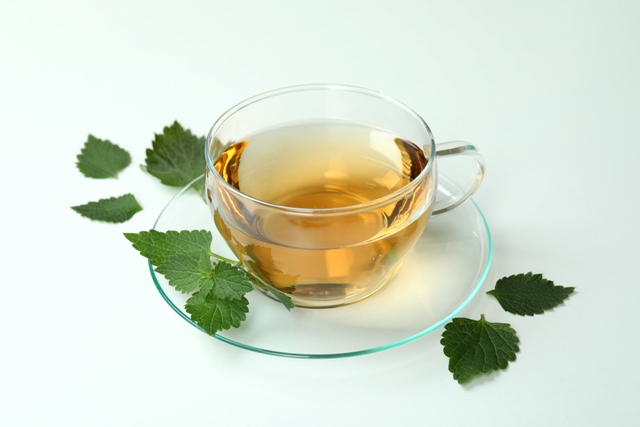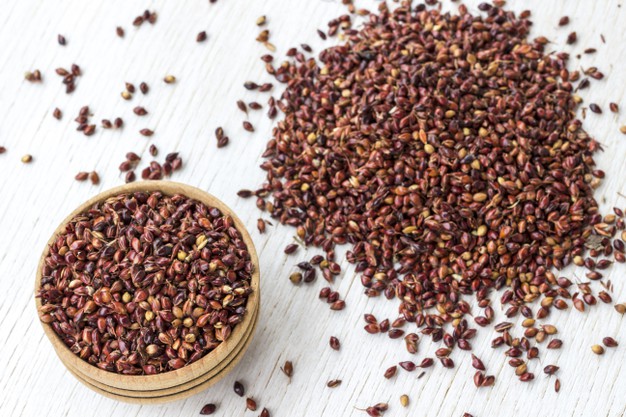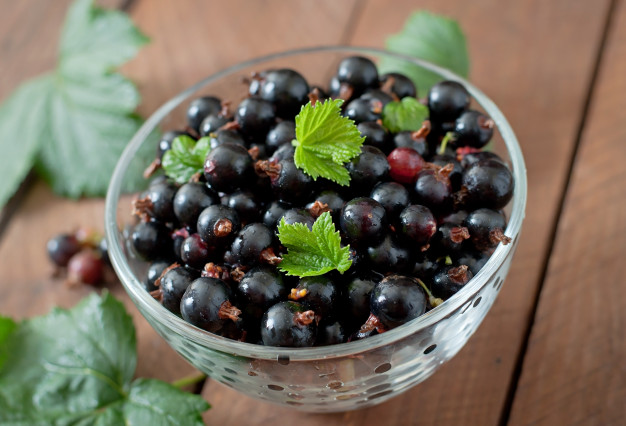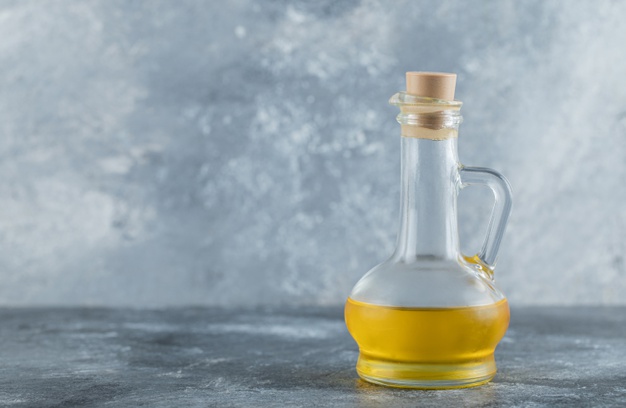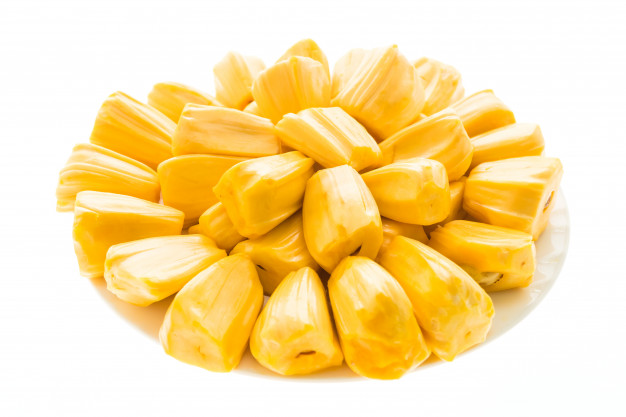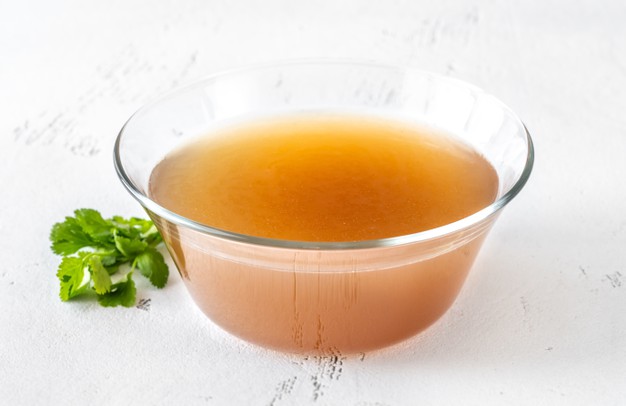Tea prepared from nettle leaves is known as nettle tea and it has been extensively used for various therapeutic purposes. Basically nettle is a nutritious shrub and its root, stem and leaves can be crushed for preparing powder, teas, creams, tinctures etc.
Nutritional profile
- It is packed with micronutrients like Vitamin A, Vitamin C, Vitamin B complex, calcium, phosphorus, iron, zinc, potassium and magnesium
- It also contains various polyphenolic components and flavonoids that exert several nutraceutical activities
How nettle tea is prepared?
- At first water should be added to nettle tea leaves and it should be boiled
- Then the stove should be turned off and it should be left for five minutes
- After that it should be poured through small strainer
- Finally it can be consumed by adding a bit of honey and cinnamon
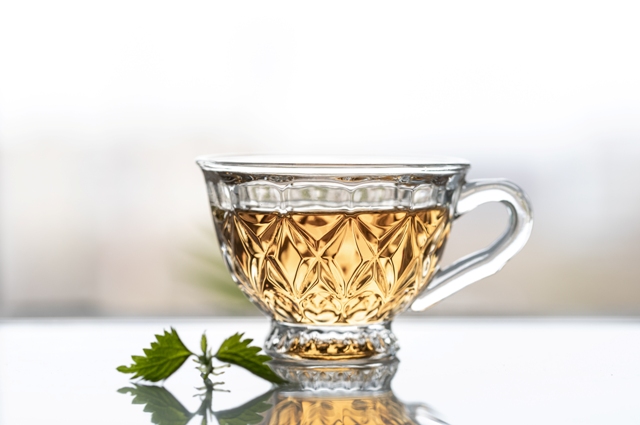
Biological activity
Antioxidant activity
- Its micronutrient components, flavonoids and polyphenolic components act as antioxidant and play vital role in protecting the body from oxidative damages by reducing the concentration of free radicals and reactive oxygen species
- It is also associated with protecting various important biological substances of body from oxidation as a result helps in sustaining their activity whereas it helps in preventing cellular damages as well, thus its consumption is thought to be very much helpful for promoting wellbeing

Anti-inflammatory activity
- It is extremely helpful for decreasing the susceptibility of developing chronic inflammatory diseases as it helps in delaying the onset of inflammatory events within body
- It plays vital role in decreasing the concentration of inflammatory mediators in body and also reduces the level of inflammatory hormones, which ultimately helps in preventing inflammation
- It is very effective for improving the symptoms of arthritis too
Anti-carcinogenic activity
- It plays significant role in decreasing the risk of developing cancers and also protects the body from the harmful effects of carcinogens
- Its flavonoid component, antioxidants and polyphenolic components are considered as the main constituents accountable for exhibiting anti-carcinogenic activity
- Its consumption is closely related with suppressing malignant cell growth within body, whereas it helps in preventing metastasis too
- It significantly decreases the prevalence of leukemia, breast cancer and prostate cancer
Antimicrobial activity
Its polyphenolic components are responsible for exerting potent antimicrobial activity, which helps to hinder the growth as well as the replication of microbial cells within host. Thus it is better to have at least one cup of nettle tea daily in order to lowering the risk of developing infectious diseases

Diuretic activity
- It acts as an important natural diuretic, which helps in eliminating excess water as well as toxins from body
- It helps in eliminating excess salt as well
Health benefits
Role on immunity
- It plays vital role in boosting up the overall immunity of the body thus its consumption is thought to be very useful for reducing the susceptibility of becoming ill
- Its antioxidant activity is responsible for protecting the immune system from damages, which also helps in strengthening the immunity
- Its Vitamin C component helps in enhancing the synthesis of WBC, which helps to make the body able to fight against infections
- It is also associated with stimulating the production of T cell
Role on prostate health
- Consumption of nettle tea is very helpful for preventing enlarged prostate symptoms
- An enlarged prostate also known as benign prostatic hyperplasia (BPH) is responsible for developing various complications as well as discomfort during urination. It may also develop urinary tract infection, bladder stones and can severely damage the bladder as well as the kidney
- Nettle plays significant role in decreasing these complications as it helps in reducing the size of prostate and it also helps in treating urinary problems (short term and long term) without any side effects

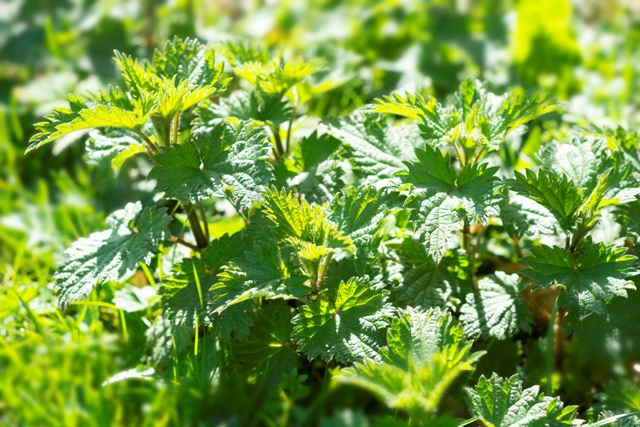
Role on skeletal health
- Consumption of nettle tea is very beneficial for maintaining a healthy skeletal system because it contains various important nutrients like amino acids, calcium, phosphorous, iron, magnesium, zinc, potassium, silicon and flavonoids, all of these nutrients are accountable for protecting bone health
- Its calcium and phosphorus components are responsible for healthy bone formation, whereas its amino acid components also help in bone development. They help in improving bone mass and bone mineral density, which ultimately helps to prevent bone thinning as a result helps in reducing the prevalence of bone fractures as well as osteoporosis
- Magnesium present in nettle is also associated with improving bone metabolism
- Its iron content helps in improving bone mineral density as well and plays significant role in preventing bone loss
- On the other hand zinc component of nettle is also accountable for promoting skeletal health, bone regeneration and bone homeostasis
- Its silicon content helps in improving bone matrix quality, which ultimately facilitates bone mineralization
- Flavonoids and potassium components present in nettle are also effective for preventing bone loss
Role on renal health
- It is extremely useful for improving renal health. As mentioned above it has diuretic property thus its consumption is thought to be very effective for increasing urination that not only helps in eliminating wastes from body but also promotes renal functionality
- It is also related with reducing the susceptibility of developing kidney stones as it helps in inhibiting the accumulation of calcium oxalate crystals within kidney

Role on respiratory health
- Nettle has been traditionally used in folk medicine as an imperative remedial action for respiratory disorders
- It is associated with preventing asthma. Its anti-inflammatory activity is responsible for preventing the swelling of the air way thus plays significant role in improving the symptoms of asthma
- It helps to treat bronchitis as well
- Its consumption is also very effective for preventing normal cold and flu
Role on skin
- It plays significant role in soothing allergies thus helps to reduce skin irritation
- Its antioxidant activity is responsible for protecting the skin from free radical induced oxidative damages thus helps to lower the prevalence of dermal disorders
- It helps in preventing premature aging as well
- Its antimicrobial activity is also accountable for decreasing the susceptibility of dermal infections
- It significantly decreases the prevalence of acne and eczema
Therapeutic uses
It has been widely used for various therapeutic purposes, which include –
- It is used as an important therapeutic substance for preventing hypertension. It plays imperative role in stimulating the production of nitric oxide, which acts as vasodilator and helps in widen blood vessels that subsequently reduces high blood pressure
- It helps to prevent hyperglycemia as well. It contains several important plant compounds that act like insulin as a result helps in decreasing blood sugar concentration
- It also helps to decrease the prevalence of neurological disorders as it is related with slowing down the progression of neuro-inflammatory events
- Consumption of nettle is extremely useful for accelerating the wound healing process
- It helps to decrease menstrual pain too
- It helps to improve the health as well as the functionality of connective tissues
- It helps to decrease excessive bleeding too
- It helps to improve metabolism as well
- It plays significant role in preventing Hay fever
- It is also associated with improving hepatic health

Risk factors
- It may cause allergic reaction so some people thus it is better to avoid its consumption if allergic symptoms develop
- Individual who are on blood thinner medicines or hypotensive medicines or hypoglycemic drugs should consult with health experts before consuming it
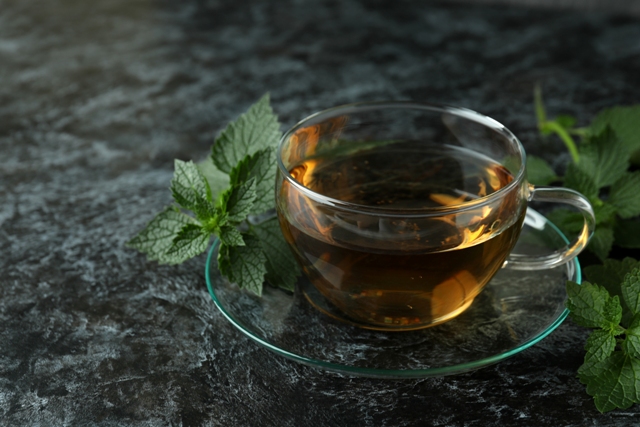
Source:
Baumgardner, D.J., 2016. Stinging nettle: the bad, the good, the unknown. Journal of Patient-Centered Research and Reviews, 3(1), pp.48-53.
Casura, L.G., 2001. The Lowly Nettle: An Original, Springtime Superfood. Townsend Letter for Doctors and Patients, (215), pp.39-39.
Foster, S., Stinging Nettle Benefits: More Than a Pesky Weed.
Hodroj, M.H., Bast, A., al Hoda, N., Taleb, R.I., Borjac, J. and Rizk, S., 2020. Nettle tea inhibits growth of acute myeloid leukemia cells in vitro by promoting apoptosis. Nutrients, 12(9), p.2629.
Karg, C.A., Doppler, C., Schilling, C., Jakobs, F., Dal Colle, M.C., Frey, N., Bernhard, D., Vollmar, A.M. and Moser, S., 2021. A yellow chlorophyll catabolite in leaves of Urtica dioica L.: An overlooked phytochemical that contributes to health benefits of stinging nettle. Food Chemistry, 359, p.129906.
Warren, P., 2006. 101 uses for stinging nettles. Wildeye.
